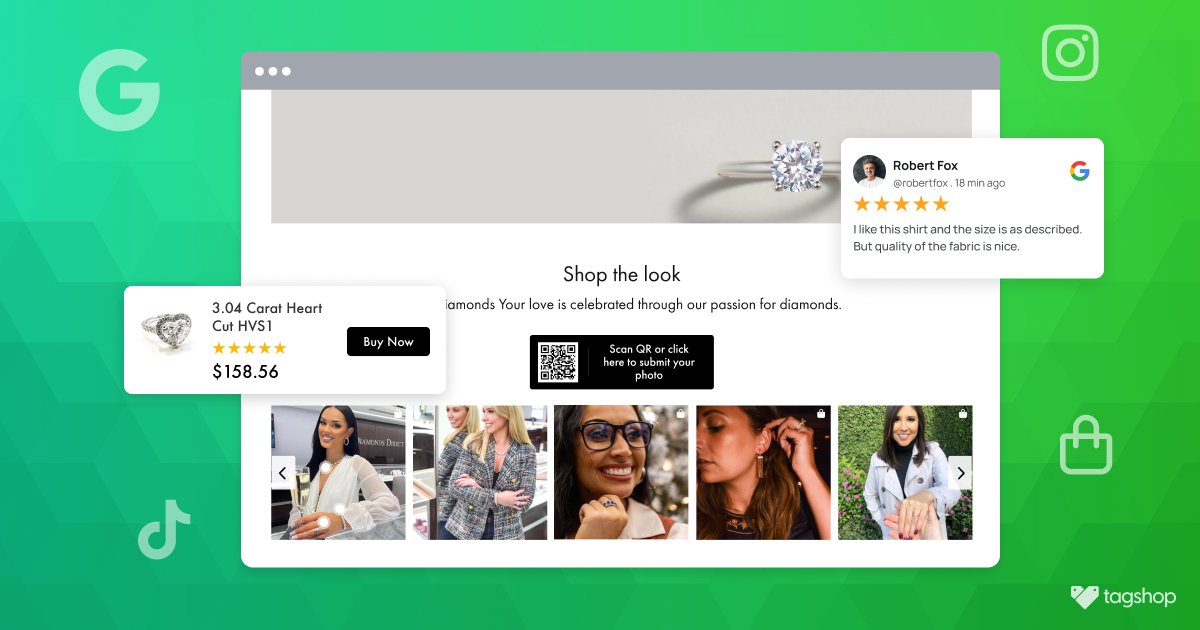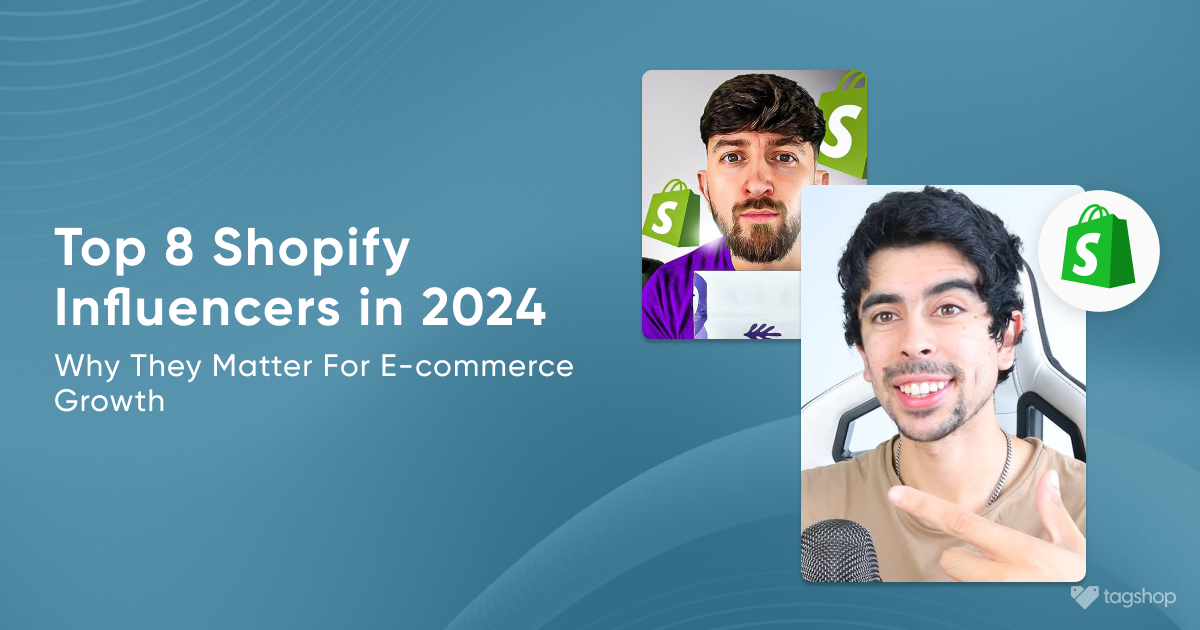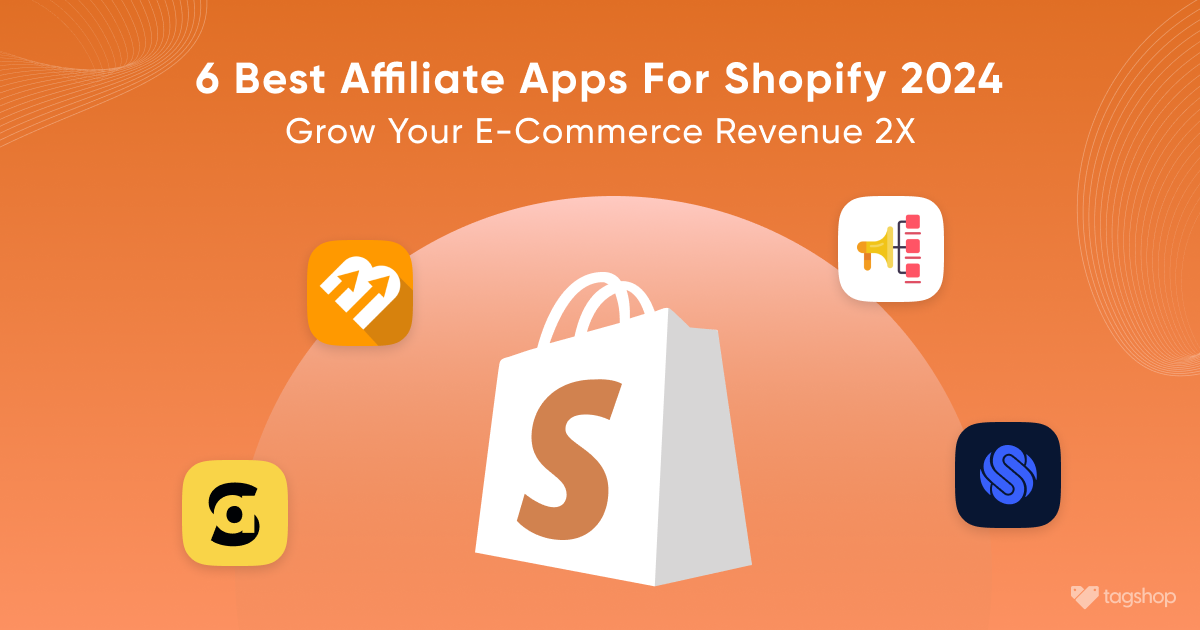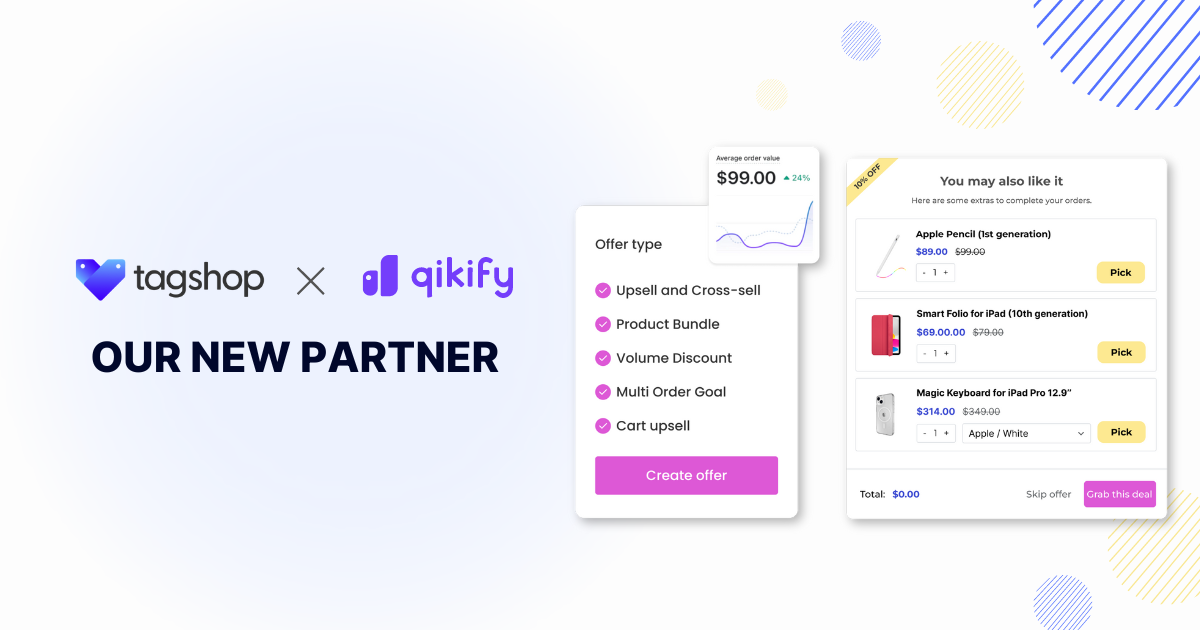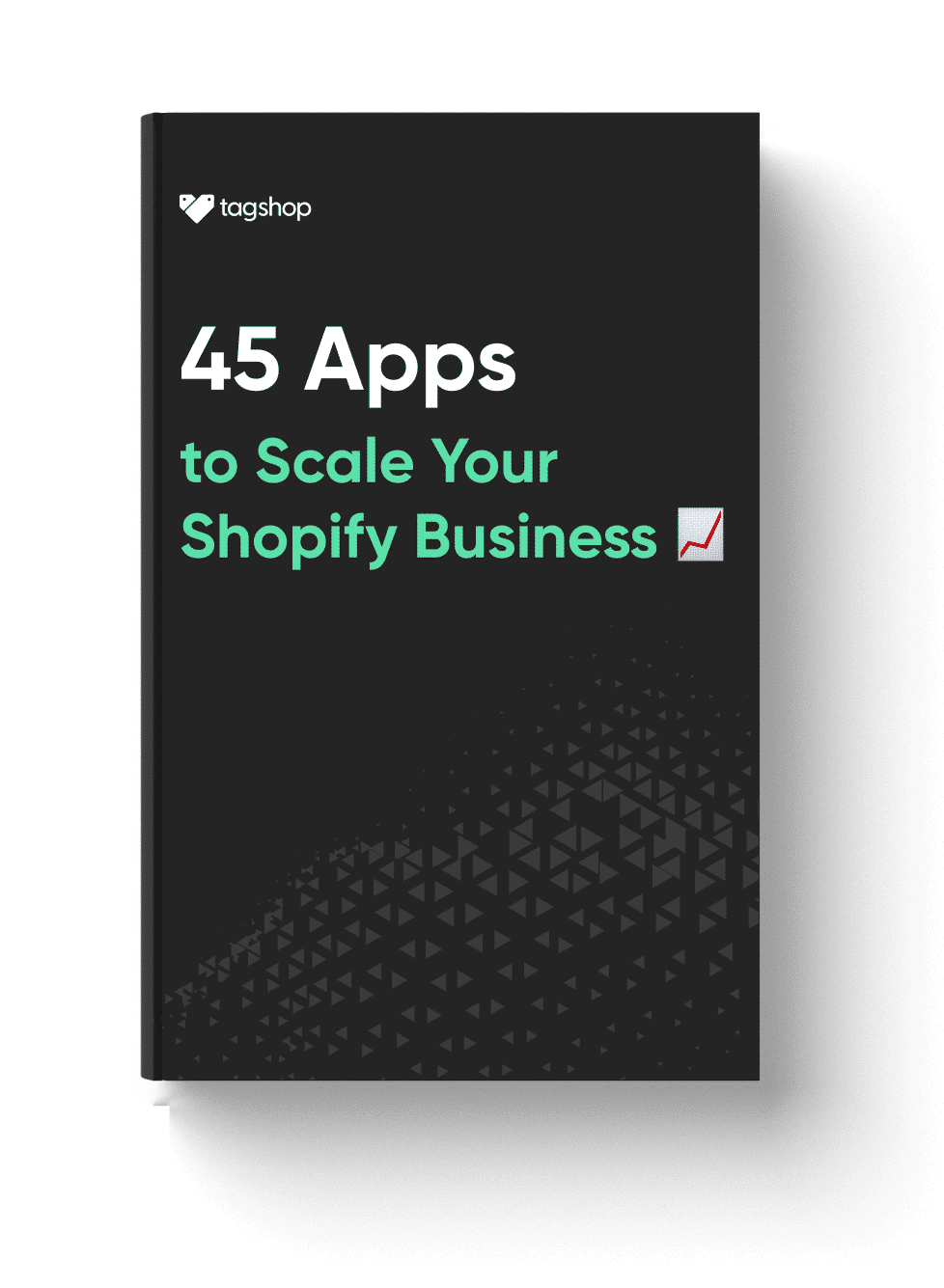Social Proof in eCommerce: A Complete Guide
Earning customers’ trust is the fast lane to building a successful e-commerce business. How? When customers trust a brand, a whole array of other benefits follow, such as improved brand loyalty, increased repeat purchases, and overall improvement in business revenue.
This trust in e-commerce brands comes from online reviews that hold immense significance for brands today. Studies show that 43% of customers prefer products with over 100 reviews.
While collecting 100 reviews at once can be challenging, brands can gradually reach there by integrating effective strategies.
‘Social proof e-commerce’ is an important phenomenon. It occurs when customers leave reviews of their shopping experiences with an e-commerce store, which brands can utilize to establish better brand trust and credibility.
But before we learn more about social proof in e-commerce, let’s learn its definition.
What Is Social Proof in eCommerce?
Social proof in e-commerce means authentic experiences that customers share through textual reviews, ratings, feedback, or visual reviews like UGC.
Social proof is highly influential in the e-commerce landscape as it offers proof of a product or service’s validity to any new customer looking for a real experience before they can invest in it.
Essentially, it’s the idea that people will look for the actions and experiences of others in the form of reviews, assuming that those reviews will reflect a brand’s credibility.
Why Do Consumers Look For Social Proof?
Studies show that consumers look for social proof in a few particular situations. Some of the most common ones are:
- One foremost principle of social proof is that consumers seek it in unfamiliar situations or when they want guidance.
- Another situation is when consumers are about to invest in a new product and seek social proof to look for reliable information.
- This is probably the most common reason during times when consumers want confidence while making their buying decisions.
With social proof for e-commerce, brands can easily target consumers who are feeling uncertain and want to make better buying decisions. In a way, it’s a win-win situation for consumers and brands.
Benefits of Social Proof In eCommerce
- Establishes Customer Trust
- Builds Brand Reputation
- Reduces Cart Abandonment
- Boosts Customer Acquisition
- Improves Repeat Purchases
The importance of social proof cannot be overstated for the e-commerce industry. It is an essential addition to e-commerce businesses and a significant metric that benefits any e-commerce brand in numerous ways. Here are some ways social proof can drive sales for e-commerce brands.
1. Establishes Customer Trust
In the vast e-commerce space, trust is paramount. Customers who visit an online store are often wary of purchasing from unfamiliar brands or websites. This is where social proof comes into play.
By showcasing different types of social proof in e-commerce stores during the customer onboarding, brands can build credibility and trustworthiness. When potential buyers see that others have had positive experiences with a product or service, they are more likely to trust the brand and make a purchase.
2. Builds Brand Reputation
A strong brand reputation is invaluable in e-commerce. Social proof is crucial in shaping and enhancing a brand’s image.
When customers share their positive experiences on social media through user-generated content, leave reviews or platforms like Google or Yelp, or share visual social proof such as YouTube videos, they essentially endorse the brand. These endorsements attract new customers and improve the brand’s reputation big time.
3. Reduces Cart Abandonment
One of the biggest challenges in e-commerce is cart abandonment. What is cart abandonment? As the name suggests, it is when a customer adds items to their shopping carts but leaves without completing the purchase.
Social proof can help mitigate this issue. By displaying positive social proof like UGC or textual testimonials from other shoppers who have recently made a purchase, e-commerce sites can create a sense of urgency and encourage buyers to confidently complete their purchases.
Additionally, showcasing reviews and ratings directly on product pages can resolve any last-minute doubts or concerns, nudging customers closer to completing their purchases.
4. Boosts Customer Acquisition
Acquiring new customers is essential for the growth of any e-commerce business. Social proof acts as a powerful marketing tool that can significantly boost customer acquisition efforts.
When potential customers see endorsements from influencers, celebrities, or real brand users, they are more likely to explore the brand and its offerings. Moreover, user-generated content, such as photos and videos shared by satisfied customers, can attract new audiences.
By leveraging social proof in marketing campaigns and promotional activities such as creating shoppable UGC galleries, ecommernce brands can effectively attract a broader audience of potential buyers.
5. Improves Repeat Purchases
While attracting new customers is crucial, retaining existing ones is equally important for long-term success in e-commerce. Social proof can play a vital role in improving repeat purchases.
By encouraging satisfied customers to share their experiences and recommend products to others, e-commerce sites can create a community of brand advocates. Offering incentives or rewards for referrals and reviews can further incentivize repeat purchases and encourage customers to engage with the brand on an ongoing basis.
Additionally, showcasing how other customers have benefited from using certain products can inspire existing customers to explore additional offerings and make repeat purchases.
Types Of Social Proof For E-commerce
- Customer Reviews and Ratings
- Expert Reviews and Testimonials
- Social Media Proof
- Customer Testimonials
If you are new to leveraging reviews for your business, here are some common social proof eCommerce businesses can expect from customers.
1. Customer Reviews and Ratings
Customer reviews and ratings are among the most influential forms of social proof in e-commerce. When potential buyers visit an online store, they often look for feedback from other customers to gauge the quality and reliability of products or services.
Positive reviews can significantly boost a product’s credibility and encourage hesitant shoppers to make a purchase. E-commerce brands can collect these reviews and ratings, embed them into the website’s homepage or product pages, and leverage them most effectively. If you want to learn how to add reviews to your website, we have a step-by-step guide to help you learn.
2. Expert Reviews and Testimonials
When industry experts, influencers, or celebrities endorse a product or service, it can create a strong impression on potential buyers and influence their purchasing decisions. These testimonials can highlight the benefits and unique selling points of products or services, providing potential customers with valuable insights and reassurance.
Additionally, e-commerce brands can boost brand credibility and revenue by showcasing reviews and visual testimonials on websites and marketing touchpoints.
3. Social Media Proof
When customers share photos, videos, or reviews of products on platforms like Instagram, Facebook, and Twitter, it creates authentic and relatable social proof that can resonate with potential buyers.
E-commerce businesses can leverage this type of social proof by encouraging customers to share their experiences on social media. E-commerce sites can utilize social proof apps to help collect this content and embed it into their marketing touchpoints.
4. Customer Testimonials
Unlike reviews and ratings, which are often focused on specific products, testimonials provide a broader perspective on the overall customer experience, including customer service, shipping, and returns. Sharing genuine testimonials can humanize a brand and make it more relatable to potential buyers.
Best Social Proof in eCommerce Brand Examples
Numerous brands are already using social proof marketing as a mandatory tool to boost their sales. Here are some social proof examples of popular brands where they are using it in brilliant ways. Check them out and take the inspiration you need from these successful examples:
1. Reina Olga
Reina Olga is a popular swimwear brand renowned among its broad customer base for its colorful and playful prints and patterns. The brand has an engaged online presence and wanted to leverage it to establish customer trust and boost website engagement.
Unlike other brands that use textual reviews and ratings to embed on their website and other touchpoints, Reila Olga is leveraging the power of user-generated content to showcase their products in action by real customers.
How? The brand uses one of the best social proof apps on e-commerce sites: Tagshop. With Tagshop, Reina Olga has curated and embedded an engaging social shoppable gallery and is experiencing brilliant results daily!
2. Manuka Doctor
Manuka Doctor is an organic food supplements and skincare brand that has gained popularity for selling high-quality and 100% organic honey rich in immunity boosters. The brand has a broad customer base and experiences repeat purchases from them. Manuka Doctor wanted to leverage their high rating and positive feedback from existing customers to boost their brand credibility.
Manuka Doctor utilized its textual reviews to enhance trust and brand reputation and embedded them into the store’s homepage. This strategy helped the brand boost its authenticity among potential customers and new website visitors.
3. Pretty Little Thing
Pretty Little Thing, or PLT, is a famous fast-fashion brand known for its trending pieces and statement accessories. The brand is trendy among young women who love it for its unique and quirky designs and affordable prices. The brand has a well-engaged customer base that relies on it to shop for clothes for every occasion.
Because of the brand’s easy accessibility, Pretty Little Thing also has a lot of user-generated content created by actual customers. The brand wanted to leverage this content to help build trust, boost website engagement, and offer practical buying inspiration to new customers on the website. To resolve this, the brand integrated a social content gallery into its website’s homepage to showcase how the products look.
How to Use Social Proof for Your E-commerce Store?
For e-commerce brands or marketers, social proof is a top-tier marketing strategy that allows businesses to grow their brand like nothing else. There are various types of social proof – testual reviews, ratings, social proof images, and videos.
However, leveraging them correctly can make all the difference for any brand. Here are some ways brands can use social proof to grow.
Social Proof on the Home Page
The home page of your e-commerce store is often the first point of contact for visitors. Incorporating social proof here can create a strong initial impression and encourage visitors to explore further.
You can showcase customer testimonials, highlight best-selling products, or display visual reviews and UGC of recent purchases. Additionally, featuring other branded materials, industry awards, or certifications, and emphasizing data protection frameworks like Zero Trust, can enhance your brand’s credibility and authority.
Social Proof in Product Pages
Product pages are crucial for converting visitors into customers. Including customer reviews and ratings directly on product pages can provide valuable insights and reassurance to potential buyers.
Many e-commerce brands also integrate authentic visuals like product videos, tutorials, and transformation videos to help users better understand the brand’s offerings. Moreover, brands can display “Frequently Bought Together” or create product bundles to showcase popular products and encourage upsells or cross-sells.
Social Proof in Emails
Email marketing is a powerful strategy for engaging with your audience and driving sales. Incorporating social proof in your email campaigns can make your messages more targeted and compelling.
To encourage recipients to click through to your website, you can include snippets of customer reviews, highlight recent testimonials, or showcase popular products. Additionally, featuring user-generated content, such as photos or videos from satisfied customers, can create authentic and relatable content that resonates with subscribers.
Testimonials & User-generated content ads
Unlike in the past, consumers don’t connect with traditional advertising anymore. Customers want to see real content, real customers, and authentic experiences of customers with the brand. Testimonials and user-generated content can be incredibly effective in advertising campaigns.
Brands can create ads that feature UGC from real customers, showcase photos or videos of customers using your products, or highlight positive reviews and ratings.
You can build trust, credibility, and authenticity by leveraging testimonials and UGC in your advertising efforts, leading to higher conversion rates and ROI.
Social Proof On The Checkout And Cart Pages
The checkout and cart pages are critical stages in the customer journey where cart abandonment often occurs. Incorporating social proof here can reduce hesitations and encourage customers to complete their purchases.
You can display real-time notifications of recent purchases, showcase testimonials or endorsements highlighting the security and reliability of your checkout process, or offer reassurances about shipping and returns policies.
Conclusion
Considering how consumer behavior is changing swiftly – from relying on branded content and copies to now looking for authenticity before making purchase decisions- social proof’s importance cannot be underestimated. Many e-commerce brands already understand and experience how to leverage social proof correctly, but others are still looking for strategies that suit them best.
Nevertheless, social proof is making great strides, creating new brand opportunities across industries. If you are an e-commerce brand, it’s time to start harnessing the power of social proof.
Ultimately, what’s important to understand is that social proof can come in countless forms: images, videos, user-generated content, and textual reviews and ratings. If you have any of this content for your brand, it’s time to start using it effectively.
Frequently Asked Questions
User-generated content is a brilliant example of social proof. In today’s times, when visual content holds more value than text, UGC includes images and product videos created by customers.
eCommerce businesses can curate shoppable galleries of social proof and embed it on their website’s valuable landing pages, as well as host email campaigns featuring social proof. These practices can help any brand boost website engagement and build customer trust effectively.
One of the most important practices is to gauge the authenticity of the social proof. Sharing genuine and unbiased reviews builds trust with customers. Conversely, using fake reviews can deceive consumers and severely damage a brand’s reputation.
